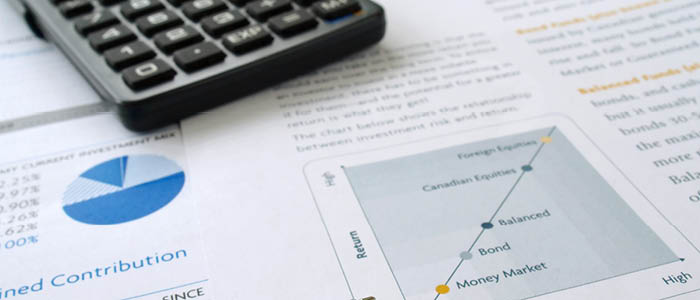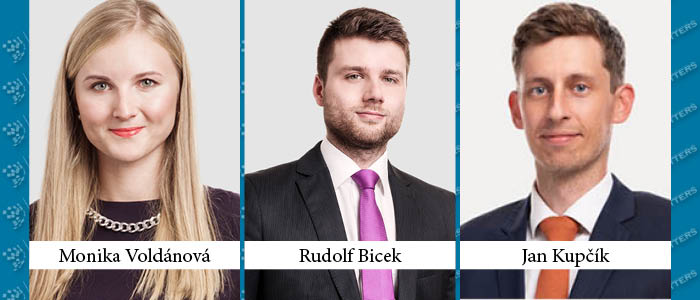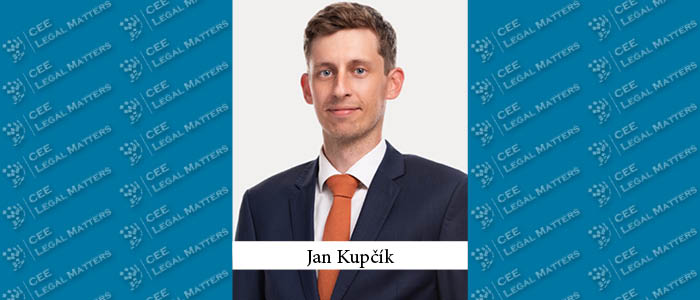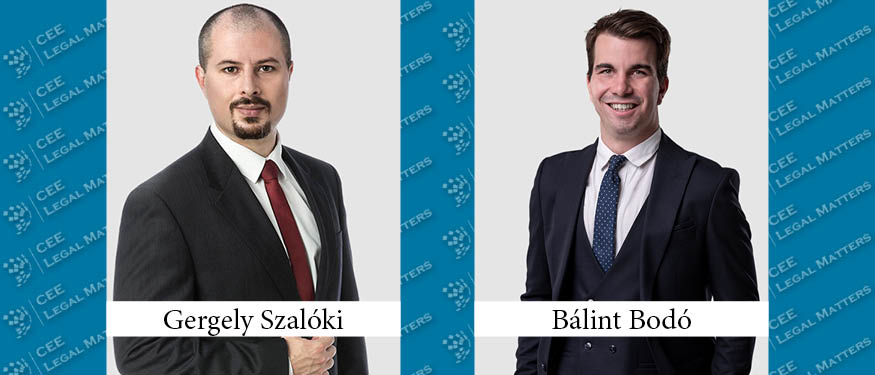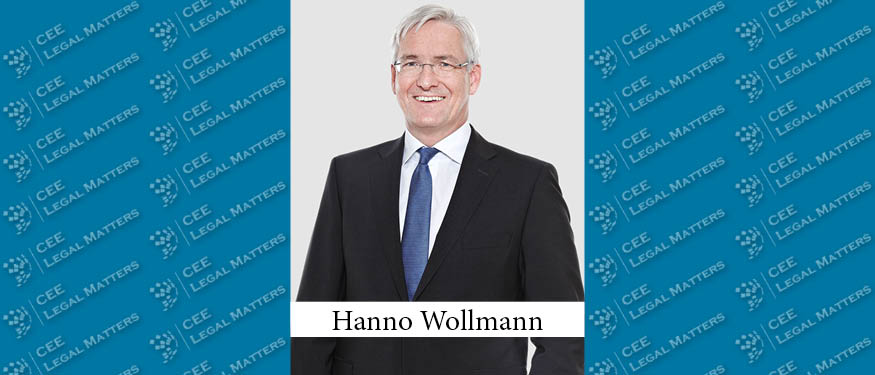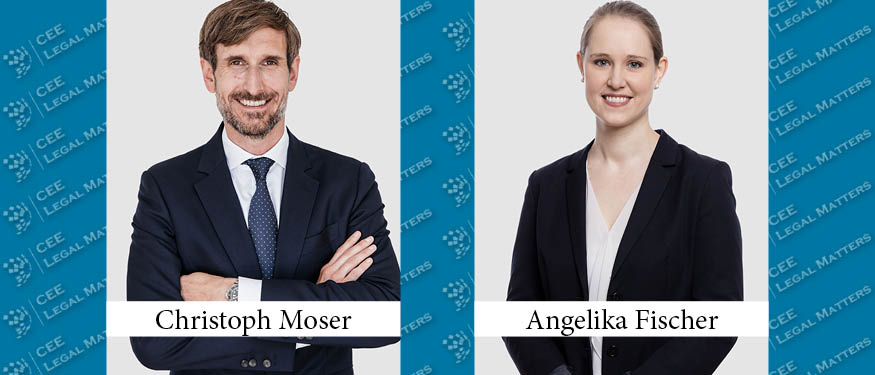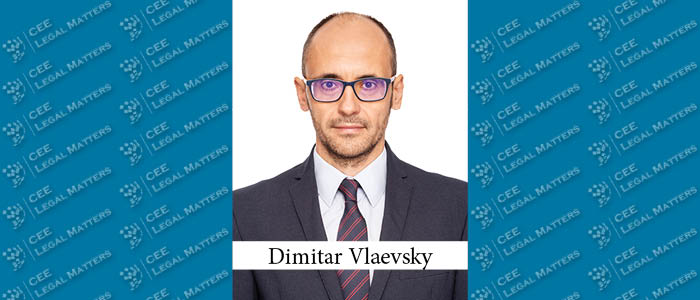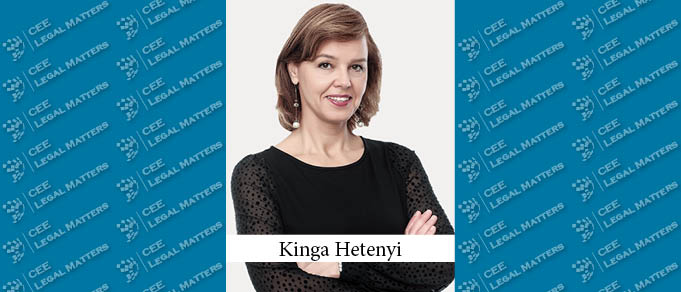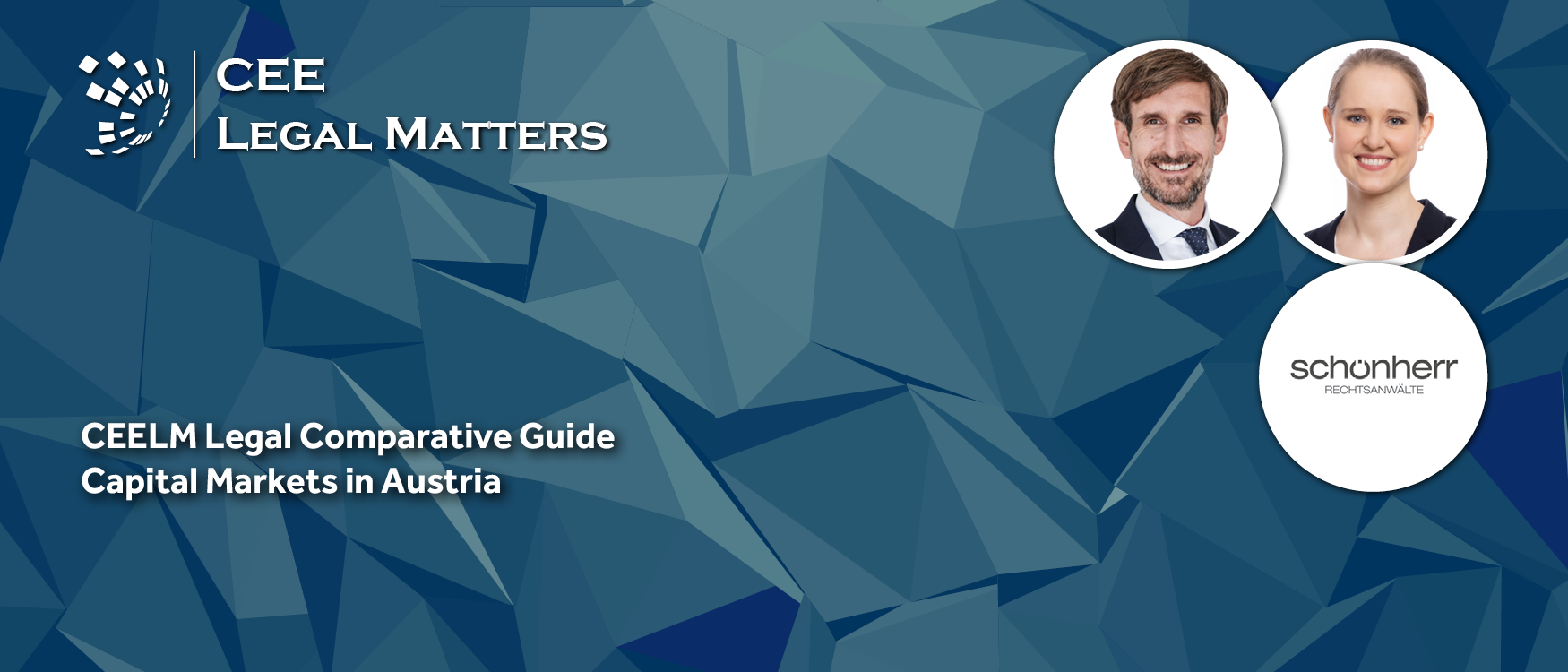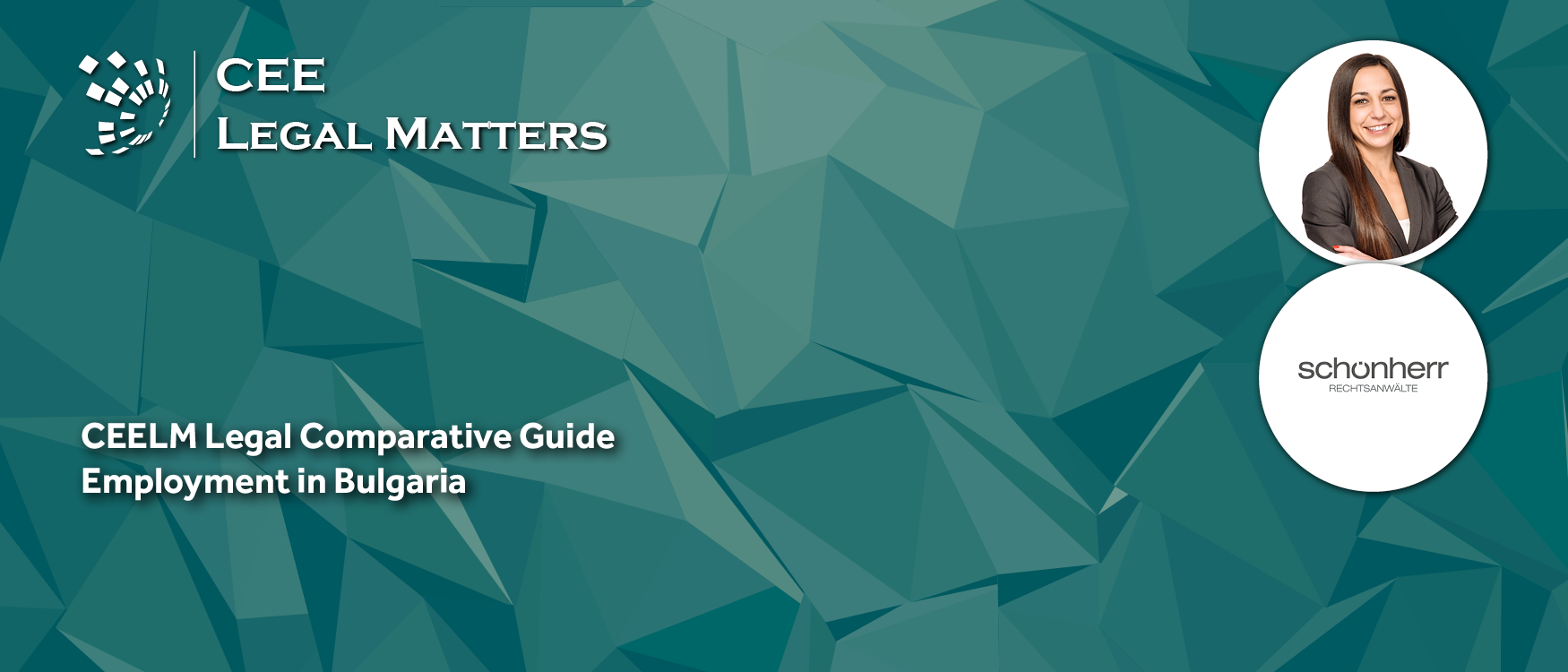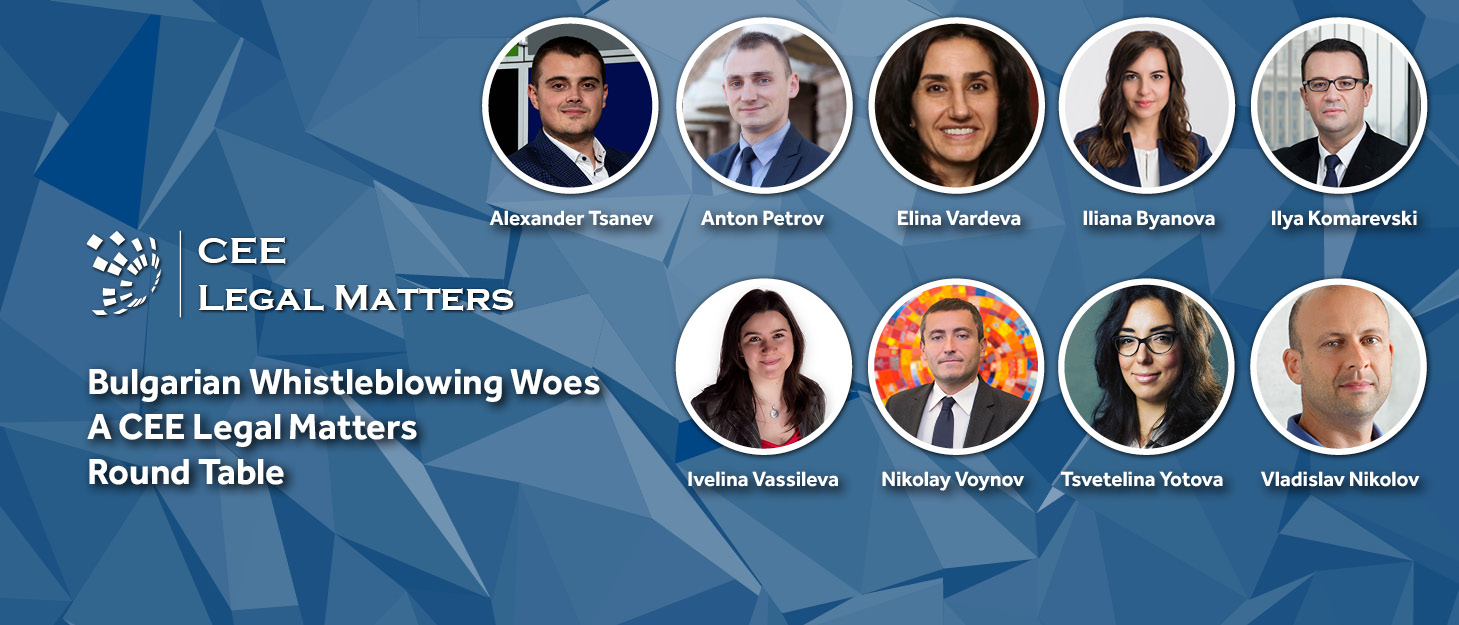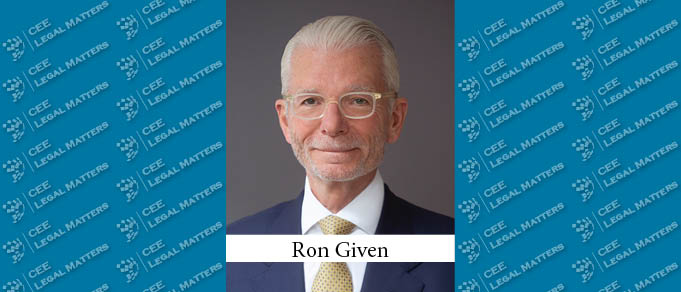Schoenherr, working with the UK's Marriott Harrison, has advised the professional audio mixing console manufacturer Audiotonix Group on its acquisition of Austrian start-up Sonible. Held Berdnik Astner & Partner and RafterMarsh reportedly advised the sellers.
Schoenherr and Wolf Theiss Advise on Raiffeisen-Landesbank Steiermark EUR 500 Million Issuance
Schoenherr has advised the joint lead managers on Raiffeisen-Landesbank Steiermark’s EUR 500 million issuance of mortgage-covered bonds. Wolf Theiss advised the issuer.
Did You Know: 11 Firms Atop 2023 Energy/Natural Resources Leaderboard
Did You Know that a total of 11 law firms have worked on four or more reported Energy/Natural Resources deals in CEE so far this year? According to the Activity Rankings function of the CEELMDirect website, the leaderboard is led by Norton Rose Fulbright, which has worked on ten Energy/Natural Resources deals reported since January 1, 2023.
Is the German Supply Chain Due Diligence Act Relevant for Czech Businesses?
The German Supply Chain Due Diligence Act (Lieferkettensorgfaltspflichtengesetz; "LkSG") is effective from 1 January 2023 for companies and branches based in Germany with more than 3,000 employees, with further extension to companies with more than 1,000 employees from 1 January 2024.
Schoenherr Advises Rhone Capital on Public Cash Offer for RHI Magnesita Stake
Schoenherr, working alongside Sullivan & Cromwell, has advised Rhone Capital on its public cash offer for up to 29.9% of the share capital of RHI Magnesita.
Czech Competition Authority Blocks a Merger: Exception or Start of New Trend?
Last week, the Czech Competition Authority ("CCA") blocked an acquisition of part of První novinová společnost a.s. ("PNS") by Česká pošta, s.p. ("Czech Post"). While it is impossible to foresee the exact future of merger control enforcement in the Czech Republic, what is clear is that the CCA with this decision, whether intentionally or not, has sent a message to the market that it is ready to take the hardest line on a merger if it raises competition concerns. We summarize main details of the case and additional thoughts on its impact below.
Sustainability-linked Loans in Hungary
Sustainability is crucial for ensuring the long-term wellbeing of the planet and future generations. It encompasses responsible practices that preserve natural resources, mitigate climate change, and promote social and economic balance, ultimately creating a harmonious and sustainable world for all.
What is a Foreign Subsidy?
Regulation (EU) 2022/2560 on Foreign Subsidies (the "FSR") aims to address distortions caused by foreign subsidies in the single market. In this part of our FSR Insight Series, we explain the fundamental notion of what constitutes a "foreign subsidy" within the meaning of the FSR. You will find a basic definition in Article 3 FSR, with some further considerations in recitals 11 to 16 of the Regulation.
Deal Expanded: Schoenherr’s Christoph Moser and Angelika Fischer Talk About the DOTY in Austria
CEELM: First, congratulations on winning the Deal of the Year award in Austria!
Bulgaria: Lease Agreement Trends and Issues
The end of the COVID-19 pandemic led to growth in the commercial real estate market in Bulgaria. So far, the biggest winners are the office, industrial, and logistics sectors, since most investors and retailers are still hesitant about the future of shopping centers. According to the latest reports, the available office space in Bulgaria increased by 7% in the second half of 2022, and more than 180,000 square meters of office space were leased during the same period, the highest amount since 2017.
Positive 2023 Outlook for Hungarian M&A Despite Risk Factors
After a record deal value in 2022, the outlook for M&A in Hungary for 2023 remains positive despite several risk factors. What are they and what could compensate for them? What other factors could have an impact on the current trends?
The Corner Office: Workforce Ebb and Flow
In The Corner Office, we ask Managing Partners at law firms across Central and Eastern Europe about their backgrounds, strategies, and responsibilities. Keeping in mind last year’s complexities and the uncertainties ahead, this time we asked: Has your team shrunk or increased in the last 12 months and what are your expectations for 2023?
Schoenherr and OPL Advise on Kinnarps Hungary's Agora Hub Office Lease
Schoenherr has advised Kinnarps Hungary on leasing its new office and showroom headquarters in the Agora Hub Office from HB Reavis. OPL Gunnercooke advised HB Reavis.
Did You Know: Ten-Year Banking/Finance Leaderboard in Hungary
Did You Know that a total of 15 partners have worked on multiple reported Hungarian Banking/Finance client matters in the ten years that CEE Legal Matters has been covering the market? The Banking/Finance leaderboard over the past decade is led by CMS Budapest Partner Erika Papp, who has worked on 14 reported Banking/Finance client matters in that time.
Capital Markets in Austria
Contributed by Schoenherr.
Employment in Bulgaria
Contributed by Schoenherr.
Bulgarian Whistleblowing Woes – A CEE Legal Matters Round Table
Hosted by Penkov, Markov & Partners, nine lawyers from Bulgaria – six working in-house and three in private practice – sat down for a round table conversation to discuss the EU Whistleblowing Directive and how it will impact companies in the country.
Has Coaching’s Time Come for Central European Law Firms?
Although in most respects the law firm business in Central Europe is on par with other sophisticated practices in the rest of the world, coaching is one thing that has not been as widely adopted as elsewhere. This article addresses the questions of what coaching is, what it offers lawyers and law firms, and whether it should be more widely embraced by the legal profession in Central Europe.


